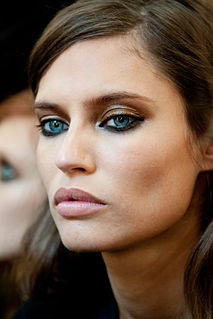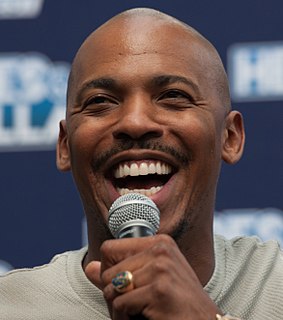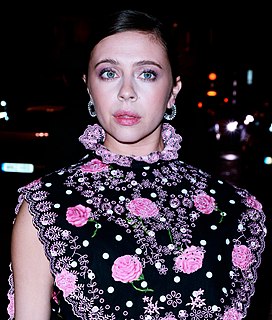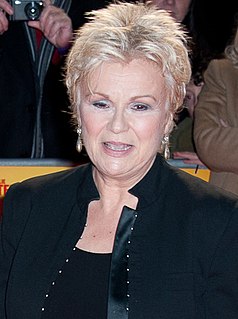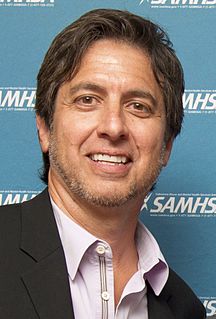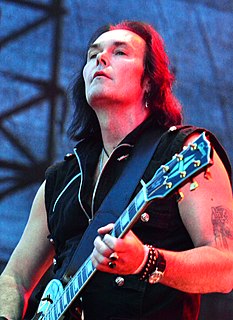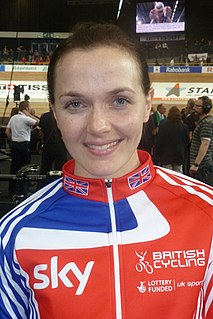A Quote by Kim Gordon
I never felt like I had anything really figured out. When I was a teenager, it was all about teenagers having an 'identity crisis.' That was the phrase that was used. But in my early 20s, I was still like, 'When am I going to be over that?'
Related Quotes
I just started trying to figure out how to write [something] which was unlike anything anybody had ever seen, and once I felt like I had figured that out I tried to figure out what kind of book I could write that would be unlike anything anybody had ever seen. When I started writing A Million Little Pieces I felt like it was the right story with the style I had been looking for, and I just kept going.
The cliché I tried to avoid was I hated "teenage sidekicks." I always figured if I were a superhero, there's no way on God's earth that I'm gonna pal around with some teenager. So my publisher insisted I have a teenager in the series, because they always felt teenagers won't read the books unless there's a teenager in the story; which is nonsense.
Having the brain tumor, coming out of surgery and going through all of that, you're like, I am never going to feel the same and I have this new perspective on life. So much gratitude, life just feels like this enormous treasure. Then that kind of just falls away and you're back being grumpy about having an early morning meeting.
If you're in your early 20s and you're hanging out with a bunch of other people in their early 20s, nobody has a sense of the kinds of problems that real 'workers' run into every day. They're running into a completely different set of problems like 'what's the party going on right now that I should be going to?
If you're in your early 20s and you're hanging out with a bunch of other people in their early 20s, nobody has a sense of the kinds of problems that real 'workers' run into every day. They're running into a completely different set of problems like 'What's the party going on right now that I should be going to?'
Movies make teenagers have quippy answers for every question. Nothing seems to faze them, and they're like, 'Oh, whatever.' You're not like that when you're a teenager. You're really earnest. Things really feel like life or death. And you kind of oscillate between emotions at one time. It's very emotionally draining being a teenager.
[about being a father] I don't really remember what it was like before. Whatever I had going on, it was bullshit. It wasn't important. It's kind of a nice thing about being a dad. My identity is really about them now, and what I can do for them, so it sort of takes the pressure off of your own life. What am I going to do, who am I? Who cares, you've got to get your kids to school. So I like it that way.

